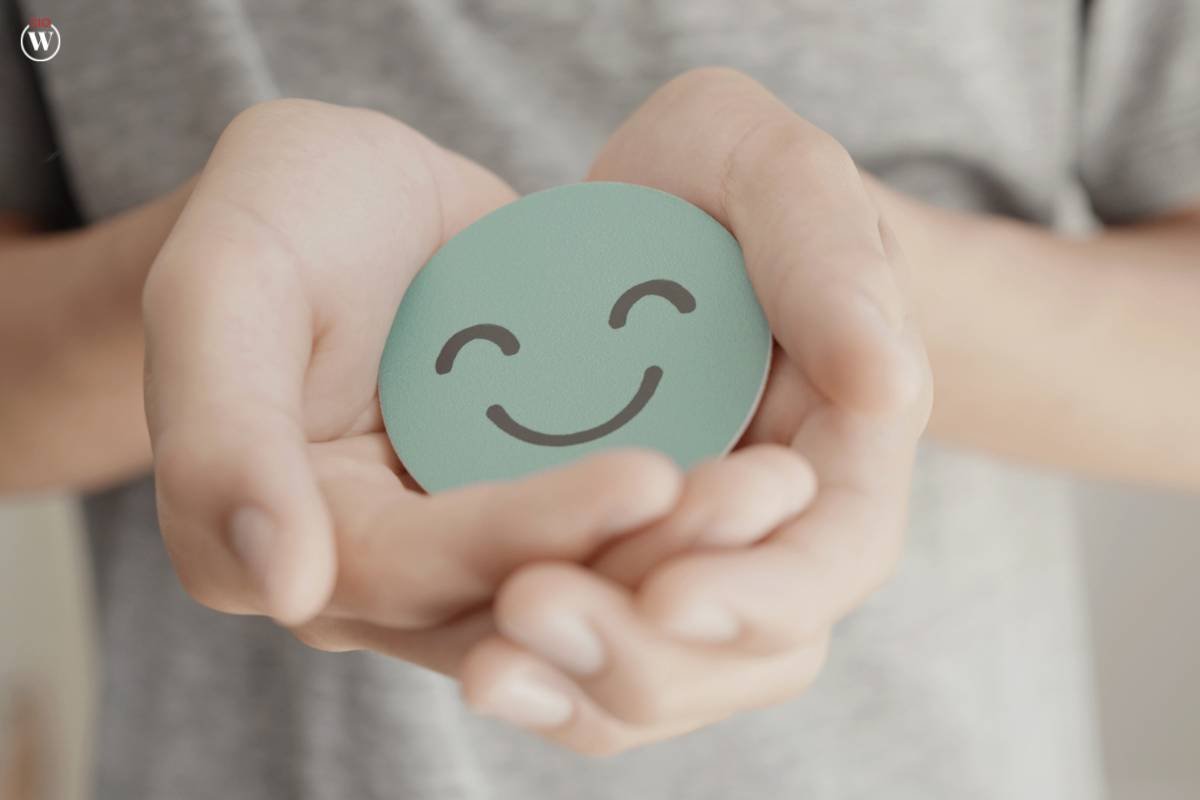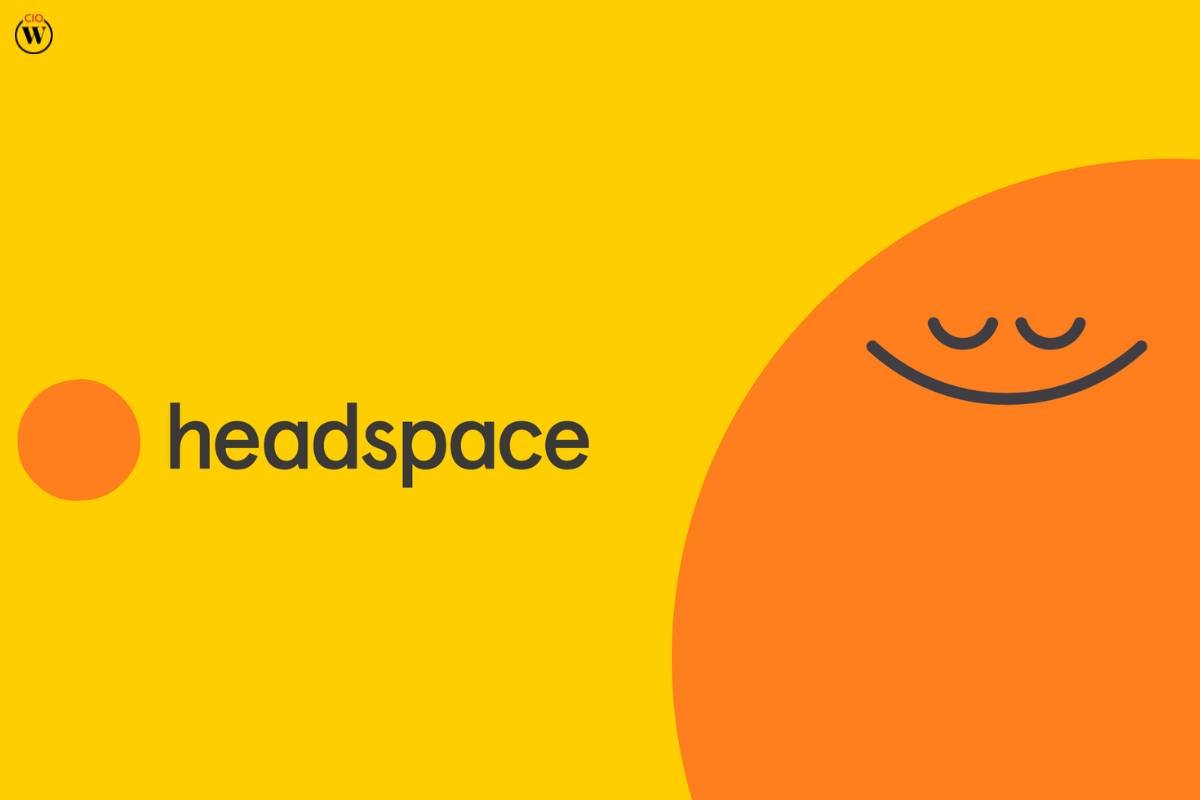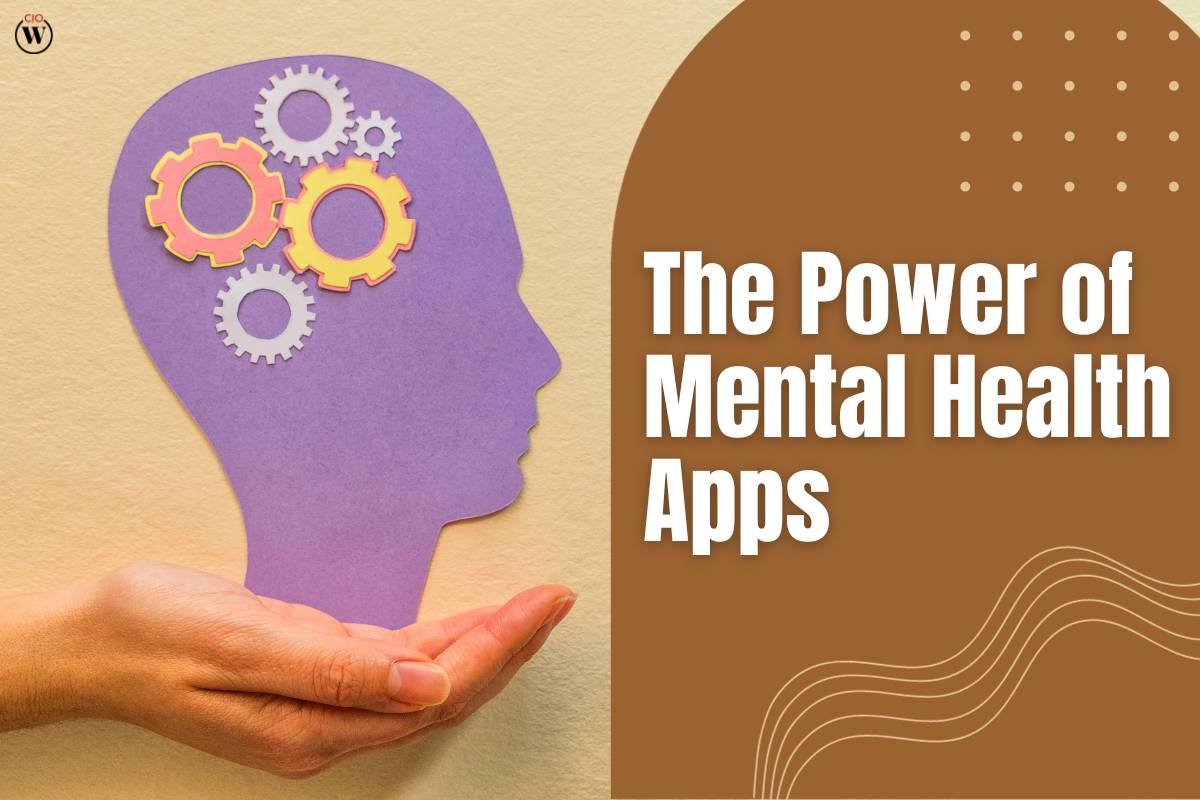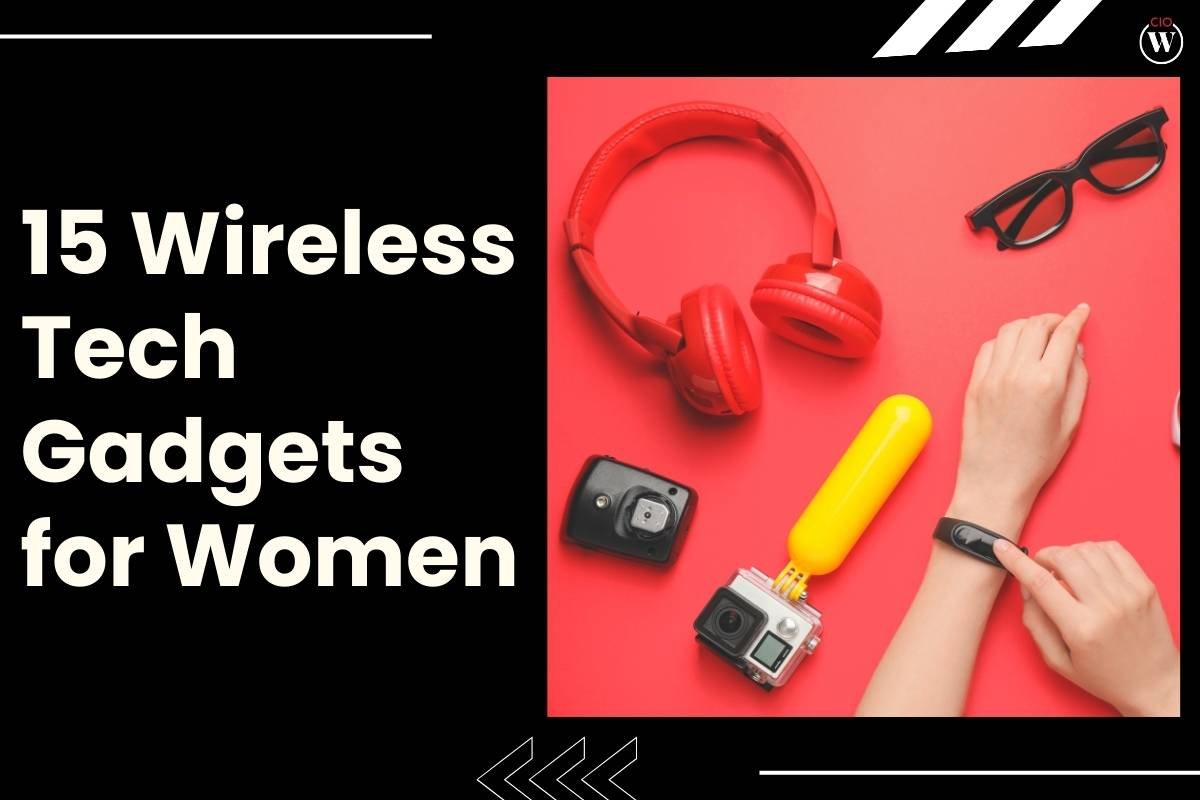In an era dominated by technology, our smartphones have become powerful tools not just for communication or entertainment but also for promoting mental well-being. The rise of mental health apps marks a significant shift in how we approach and prioritize our mental health. These applications leverage the capabilities of technology to provide accessible and convenient resources for managing stress, anxiety, and various mental health challenges. In this article, we will explore the world of mental health apps, examining their impact on individuals seeking support, the features that make them effective, and the potential future developments in this rapidly evolving field.
The Landscape of Mental Health Apps:
The landscape of mental health apps is diverse, offering a range of solutions tailored to meet different needs. From meditation and mindfulness apps to those providing mood tracking and cognitive-behavioral therapy exercises, these applications aim to empower users in their mental health journey. With millions of users worldwide, the popularity of mental health apps speaks volumes about the growing awareness and acceptance of the importance of mental well-being.
Benefits of Mental Health Apps:
- Accessibility and Convenience:
One of the primary advantages of mental health apps is their accessibility. Users can access these resources from the comfort of their homes, eliminating barriers such as transportation or scheduling constraints. The anytime, anywhere availability ensures that support is just a few taps away, fostering a proactive approach to mental health.
- Personalized Support:

Many mental health apps employ sophisticated algorithms to provide personalized support based on user input and preferences. This tailoring of resources ensures that individuals receive interventions and exercises that resonate with their specific needs, enhancing the effectiveness of the app in addressing their mental health concerns.
- Anonymity and Privacy:
The stigma surrounding mental health can be a significant barrier to seeking help. Mental health apps often provide a degree of anonymity, allowing users to explore and engage with mental health resources without fear of judgment. The privacy features incorporated into these apps contribute to creating a safe space for individuals to navigate their mental health challenges.
- Educational Resources:
Beyond immediate support, many mental health apps offer educational content to empower users with knowledge about mental health. Informative articles, videos, and interactive modules contribute to increasing mental health literacy, fostering a deeper understanding of one’s mental well-being and the tools available for self-care.
Popular Mental Health Apps:
- Headspace:

Known for its meditation and mindfulness exercises, Headspace has gained immense popularity for its user-friendly interface and guided meditation sessions. The app’s focus on reducing stress and promoting relaxation has made it a go-to resource for individuals seeking a mental health boost.
- Calm:
Calm, another meditation app, offers a wide range of features, including sleep stories, nature sounds, and breathing exercises. Its diverse content caters to various aspects of mental well-being, making it a versatile tool for users looking to address different facets of their mental health.
- Talkspace:
Talkspace revolutionizes therapy by providing users with access to licensed therapists through text, voice, and video messaging. This innovative approach to therapy breaks down traditional barriers, making mental health support more accessible and convenient for a broader audience.
- Moodpath:
Moodpath focuses on mood tracking and assessment, offering users a systematic way to monitor their emotional well-being. The app utilizes artificial intelligence to analyze users’ responses and provides insights into potential patterns and trends, aiding in the early detection of mental health issues.
The Evolution of Mental Health Apps:
As technology advances, so too do mental health apps. The integration of artificial intelligence, virtual reality, and augmented reality holds the promise of further enhancing the capabilities of these applications. Imagine a future where mental health apps not only provide support and resources but also simulate therapeutic environments or offer immersive experiences that aid in stress reduction and anxiety management.
- AI-Driven Personalization:
The future of mental health apps lies in the refinement of artificial intelligence algorithms. These algorithms can continuously learn from user interactions, offering increasingly personalized recommendations and interventions. This adaptive approach ensures that the app’s content remains relevant and effective for individual users over time.
- Virtual Reality Therapy:

Virtual reality (VR) has the potential to revolutionize therapy by creating immersive environments that simulate real-world scenarios. VR therapy can be particularly beneficial for individuals facing phobias, PTSD, or social anxiety. As the technology becomes more accessible, mental health apps may incorporate VR elements to offer users a novel and effective therapeutic experience.
- Biofeedback Integration:
Biofeedback, which involves monitoring physiological signals such as heart rate and skin conductivity, can provide valuable insights into an individual’s stress levels. Future mental health apps may integrate biofeedback technologies, allowing users to receive real-time feedback on their physiological responses and enabling a more comprehensive approach to stress management.
- Gamification of Mental Health:
The concept of gamification, applying game elements to non-game contexts, has shown promise in engaging users and promoting behavior change. Mental health apps may adopt gamification strategies to make therapeutic activities more enjoyable and motivating, encouraging users to consistently engage with the app and work towards their mental health goals.
Conclusion:
Mental health apps have emerged as powerful tools in the pursuit of well-being, offering accessible, personalized, and innovative solutions for individuals navigating the complexities of mental health. The benefits of these apps extend beyond immediate support, contributing to increased mental health literacy and breaking down the barriers that often prevent individuals from seeking help.
As technology continues to advance, the future of mental health apps holds exciting possibilities, from AI-driven personalization to the integration of virtual reality and biofeedback technologies. By harnessing the potential of these advancements, mental health apps are poised to play an increasingly integral role in promoting mental well-being on a global scale.
Also read: 5 Helpful Tips To Improve Your Mental Health









